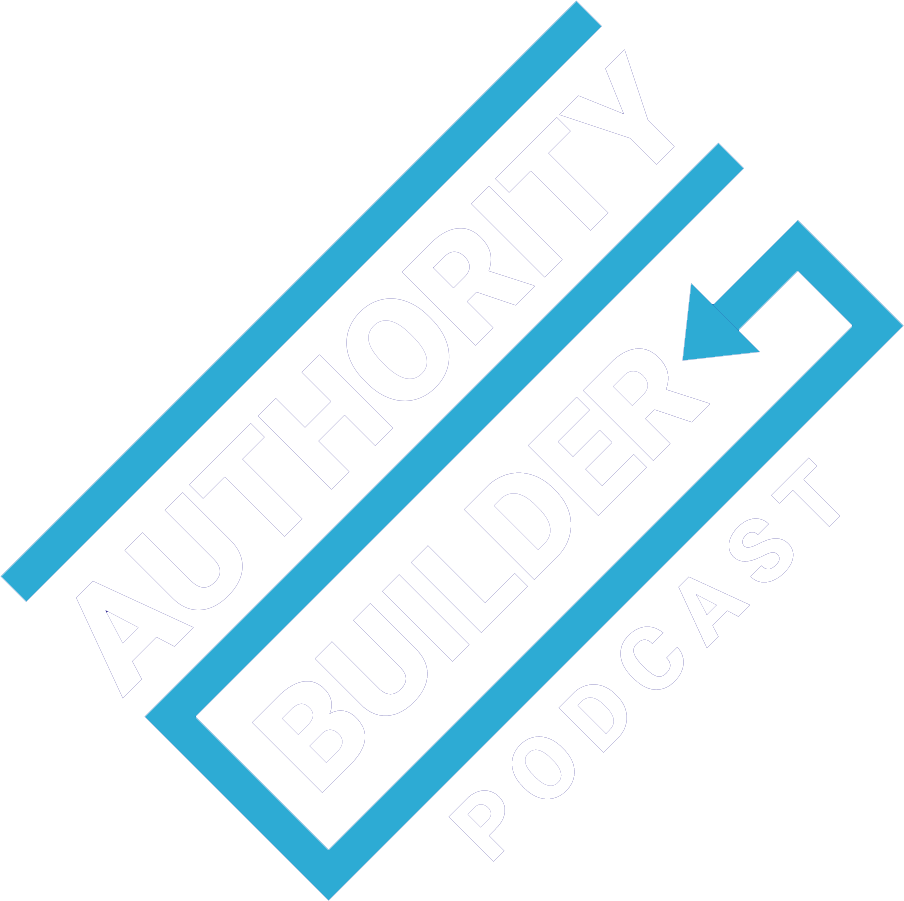If you’re like me, you have a love-hate relationship with your CRM…
You know you need one, but updating it ranks right there next to “schedule exploratory root canal” on your list of things to do.
This week, I have a solution. I’m talking to Adam Honig, CEO of Spiro Technologies. He’s created a new and very unique CRM, driven by AI, so you don’t have to do so much work…and your CRM stays current.
Plus he shares his best insights (from studying thousands of business owners’ and sales teams’ habits) on what the most successful salespeople do to win business.
Tune-in to discover…
- How CRM + AI is taking sales productivity to the next level (and is accessible for small businesses)
- How to make sure your goals aren’t abstract (and unachievable)
- A method for qualifying top prospects automatically
- The best way to find out what’s wrong – and what’s right – with your sales process
- And more…
Mentioned in This Episode:
Episode Timeline :
00:11 Today Steve speaks with Adam Honig, founder and CEO of Spiro Technologies, a company that focuses on sales technology AI.
01:17 Adam tells us how he got into business by being the only one in his startup who had good English speaking skills!
05:38 Adam talks about the struggles he’s had in business, including when he lost huge market value in his company.
07:56 Adam talks about using visualization for his goals.
12:59 Adam talks about using AI as an assistant to a sales person. He took his inspiration for this from the movie Her.
14:52 Steve talks about the difficulties in using tech for sales.
15:55 Adam tells us how traditional CRM is 40% admin work.
17:38 Adam tells us that sales is very practical and that you shouldn’t be scared of it.
21:04 Adam talks about the importance of persistence in sales and where the phone is still vitally important.
22:46 Adam tells us how using Spiro, how it learns how you market and gives you sound recommendation on how to create commerce.
25:20 Adam explains why people don’t answer the phone anymore.
27:58 Adam talks about building about building your own personal referral engine.
29:03 Steve talks about the problems of being able to send 10,000 emails a day and how it’s much better to forge relationships.
31:20 Adam tells us how Spiro can help give you information on the client before you make the call.
32:14 Adam tells us how best to get in contact with him and he also gives us listeners a special giveaway!


